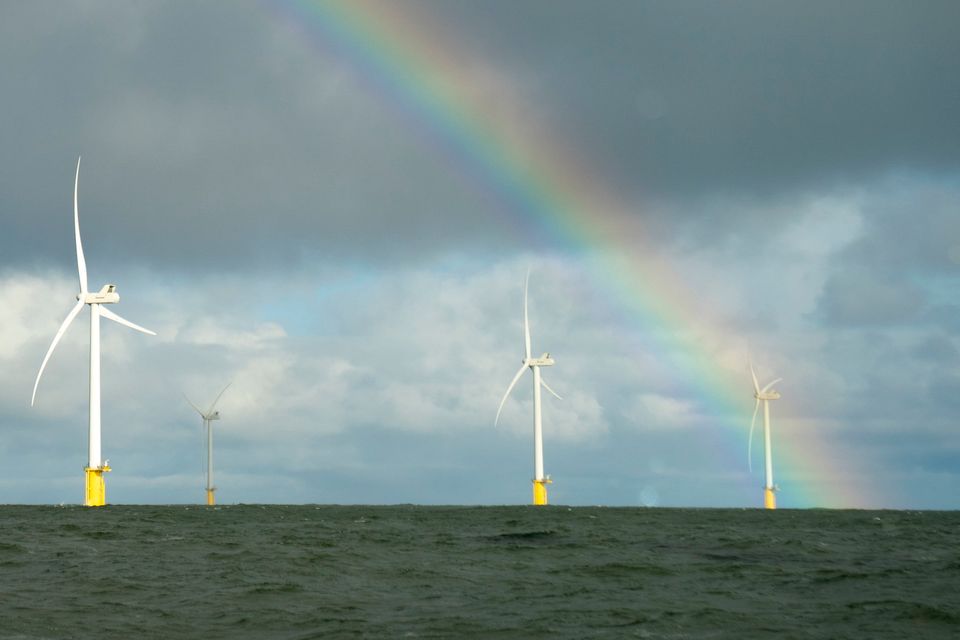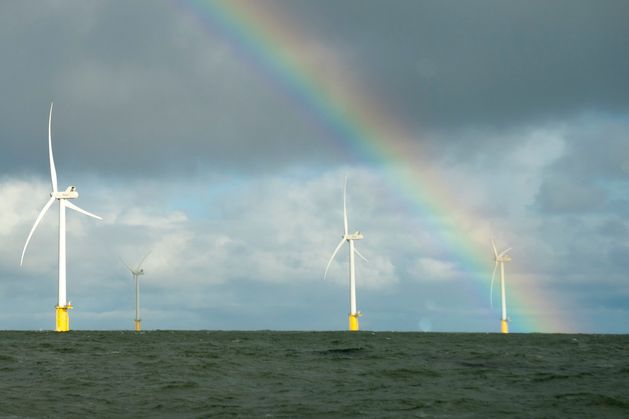It comes as more than a million households face electricity price hikes from this month, with most bills going up by €200 a year.
And last week the Irish Independent revealed that electricity companies in Ireland are failing to pass on falls in the cost of wholesale energy to consumers and businesses, a new report has found.
The International Energy Agency found that retail prices in Ireland are three times higher than wholesale prices – one of the highest gaps in the world.
The agency also found that the gap between what it costs to produce energy in this country and what it is sold for is one of the largest in the world.
The report confirms that Ireland has the highest electricity prices in Europe because we have the largest gap between what it costs to produce energy and what consumers pay.
Now the Commission for the Regulation of Utilities (CRU) has confirmed that the levy that applies to all electricity bills is coming down from December.
The CRU originally said the Public Service Obligation (PSO) levy, that is in place to help subsidise renewal electricity generation, was to be €24 for the year from December.

Around 45pc of Ireland’s electricity generation comes from renewables. Photo: PA
News in 90 Seconds – October 21st
It has now recalculated the levy and has decided to lower it to €17.52.
This is down from €39 last year.
It said: “Following a detailed review of updated data received during a due diligence process, the CRU has reduced the monthly PSO levy.”
Daragh Cassidy, of price comparison site Bonkers.ie, said the move was good news for consumers.
“This is the first time that I can recall that the CRU has had to adjust the PSO levy mid-year,” he said.
Mr Cassidy said that in August the CRU announced that the levy would be €2.01 a month excluding VAT for a period running from October 1, 2025, to the end of September 2026 — down from €3.23 a month last year.
“But the CRU has kind of admitted that it got its sums wrong based on inaccurate information that was provided to it as well as an error in its calculations the first time around.”
He said this meant that in December the levy would actually fall even more to €1.46 a month or €1.59 including VAT at 9pc. Over a year, this works out at the levy costing €17.52 from December.
He said it was good news but not going to make a huge difference to people’s bills, especially since many suppliers increased their electricity prices this month which will raise the average bill for affected customers by around €200 a year.
Last week, Taoiseach Micheál Martin suggested that power companies were “factoring in” Government electricity subsidies for domestic customers.
He hinted that the state supports were being pocketed, and bills extended proportionately so that customers were receiving no effective relief.
Mr Martin was answering Mary Lou McDonald after the Irish Independent highlighted on Tuesday how retail charges to householders for electricity are three times the wholesale price.
